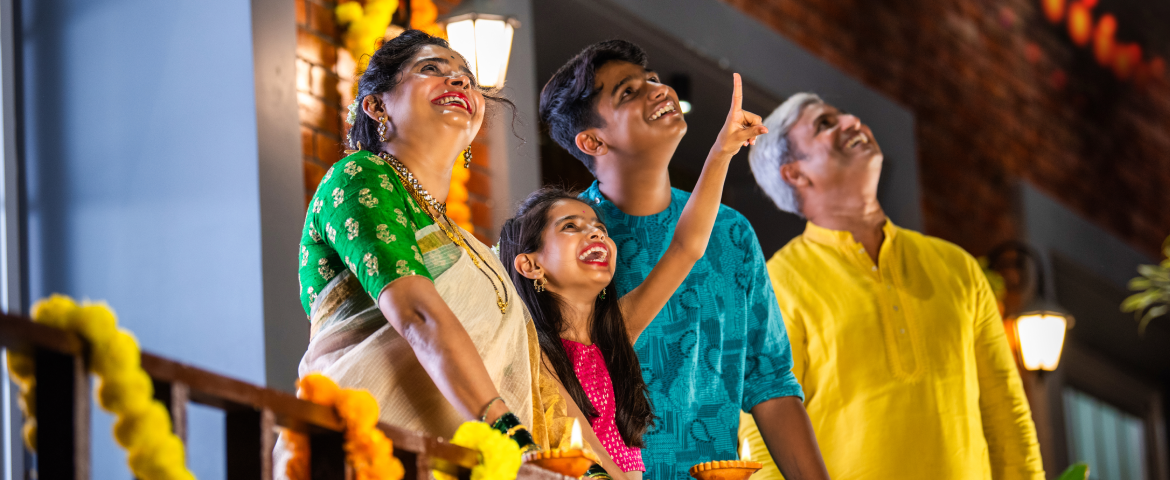India is a country full of surprises, offering a rich blend of history, tradition, and modern life. Many visitors experience culture shock because the differences can be overwhelming at first. It can feel like there’s a lot going on all at once, and it’s normal to feel out of place in the beginning. However, understanding a bit more about what to expect can help you enjoy the beauty of Indian culture more fully.
Crowds and Busy Streets
One of the biggest surprises for first-time visitors is how crowded India can feel. Cities like Mumbai, Delhi, and Bangalore are packed with people. You’ll see bustling markets, crowded buses, and streets full of activity at all hours of the day and night.
This constant energy can be exciting but also overwhelming if you’re used to quieter surroundings. Learning how to navigate through the crowds is a skill that takes some practice, but locals are often friendly and willing to help if you need directions.
Personal Space
Another cultural difference is the concept of personal space. In India, the idea of personal space is much smaller than in many Western countries.
People may stand closer to you in public spaces, and there is often physical contact like brushing arms or shoulders in crowded areas. This is normal and not considered rude in Indian society, so it’s something to get used to during your stay.
Food and Spices
The food in India is another aspect that might surprise you. Indian cuisine is known for its rich flavors, but the level of spice can be much higher than what you might be used to. Even dishes labeled as “mild” may feel very spicy.
Street food is an essential part of Indian life, and while it’s tempting to try everything, it’s important to be careful about hygiene. Stick to food that’s cooked fresh, and always drink bottled or filtered water to avoid stomach issues.
Cultural and Religious Diversity
The cultural and religious diversity in India is something many visitors find fascinating. You’ll come across temples, mosques, churches, and gurdwaras all in the same city, and festivals happen year-round.
Respecting local customs, such as removing your shoes before entering religious places or dressing modestly, especially in rural areas, is essential. People will appreciate your efforts to understand their traditions.
Communication
Lastly, communication might be a challenge at times, as not everyone speaks English. While English is widely spoken in big cities and among educated populations, it’s helpful to learn a few basic Hindi or regional language phrases.
Simple greetings like “Namaste” can go a long way in showing respect and breaking the ice with locals.
Conclusion
Culture shock is a natural part of travel, especially when visiting a country as unique as India. However, with an open mind and a sense of adventure, you’ll find yourself adapting quickly and appreciating the beauty of Indian culture. The initial discomfort will soon give way to a deep appreciation for the country’s diversity and spirit.


